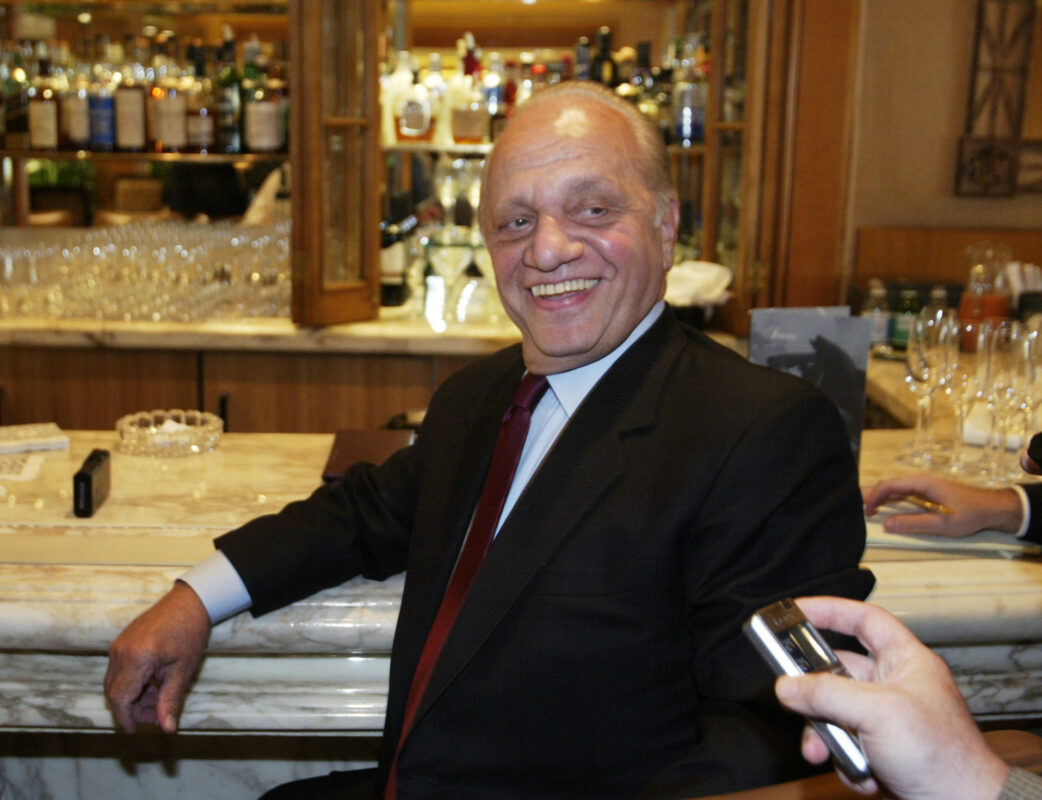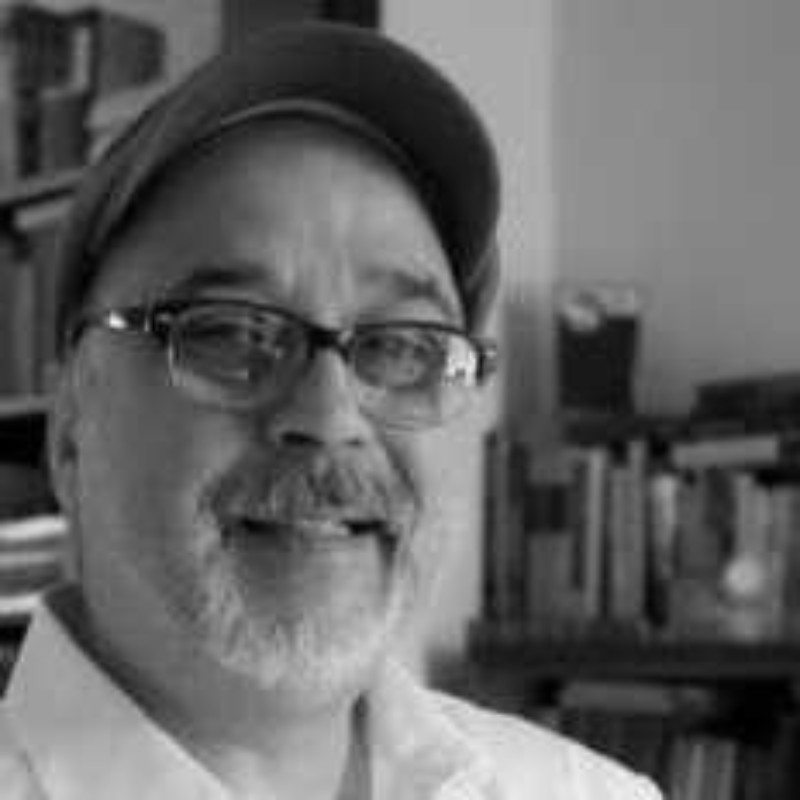
Peter Angelos died on March 23, a day before the annual Greek Independence Day parade in the neighborhood where he grew up, then known as “the Hill” on the eastern edge of Highlandtown and now Greektown. He was 94.
Sunday’s parade marched past Tom’s Bar at 4719 Eastern Avenue, once owned by Angelos’ father John, a native of Karpathos. The family lived just down the street at 5009 Eastern Avenue, a block later razed in the mid-1950s to make way for the Baltimore Harbor Tunnel.
Long before Angelos owned a black-and-orange jewel called the Baltimore Orioles, he worked behind his old man’s bar. He graduated from Patterson Park High School in 1947 with another future Greek multi-millionaire, John Paterakis of H&S Bakery.
Though Angelos was long gone from the old neighborhood when he died after a struggle with dementia (he served as a City Councilman in the 1950s from Northeast Baltimore’s Third District and lost a bid for mayor in 1967), he remained—at heart and in his bones—a tough, funny, and shrewd neighborhood kid. He was, however, born in Pittsburgh before the family moved here when he was 11. (Somehow a Pirates cap just wouldn’t look right atop that brain-stuffed cantaloupe head.)
Not long after Opening Day in 1994—a year after Angelos led the investor group that bought the Orioles in a bankruptcy sale—former Sunpapers columnist Michael Olesker had a sit-down with the attorney who hit the jackpot with asbestos litigation. The headline: “Angelos’ Heart Still Belongs to Highlandtown.”
Following the Orioles and Angelos family announcement of his death, Olesker marveled that on the half-dozen or so times he had lunch with Angelos, the then 60-something bantam barrister enjoyed a bottle of wine before going back to work. His evening drink of choice was said to be Wild Turkey on the rocks. In between, cups of coffee—and keep’em coming.
At those lunches inside the Camden Yards warehouse, Angelos told Olesker, himself a product of Crabtown, about the way his father and the stretch of “the Avenue” between Canton and Dundalk made him the man he was. Highlandtown, wrote Olesker, is “where his personality was forged and where he still finds a frame of reference for the unpretentious, tough-minded qualities he treasures.”
Among the most unforgivable sins in East Baltimore—in the days when giants like Bethlehem Steel, GM on Broening Highway, Crown Cork & Seal, and the Esskay meatpacking plant employed tens of thousands—was crossing a picket line. This was a trespass to which Angelos, just beginning to relish his role in the rarefied club of pro sports owners, would not be a party.
During the 1994-95 baseball seasons, the ballplayers went on strike. Other owners wanted to use scab athletes—has-beens and never-weres at best—to take the field. Angelos said no way, establishing himself as the pain-in-the-ass pebble in the shoes of big shots who never served drinks to steelworkers and stevedores while going to night school for a law degree.
“Go out and buy a Baltimore Orioles baseball cap and wear it, day and night, until further notice,” wrote George Vescey of The New York Times. “Their black-and-orange insignia has become a symbol of resistance to scab baseball.”
Anthony Ambridge, a proud Poly grad who represented the city’s 2nd District from 1983 to 1996, said: “After Peter, I was the second Greek American on the City Council. He was a generous man in ways most people never knew about.
“My uncle [The Rev. Ernest Arambiges, who passed away in 2019] was an Orthodox priest at St. Demetrios in Cub Hill. Pete was a St. Nick’s guy [the Ponca Street church] and they knew each other from Greektown. When Ernie retired, the parish wanted to buy him a car and took up a collection, but they didn’t raise nearly enough and went to Pete for help. He put in the rest and bought my uncle a Buick.”
Perhaps not a big deal for a man worth a billion or so—a Buick?—but emblematic of a guy who was quite different among friends and neighbors than he was at the bargaining table. And as competitive in business as the Ripken family was on the field.
In the 1967 mayoral race, Angelos lost a bid for mayor against Thomas D’Alesandro III, son of the legendary “Old Tommy” who presided over Baltimore’s post-war boom. It was a bitter fight, dividing the Greektown community between two eastside candidates, one to the rowhouse manor-born, the other banging on the door to get in. Angelos lost and left politics.
Some three decades later, the story goes, Angelos’ son John—a graduate of Gilman and Orioles’ CEO before this year’s sale—and Young Tommy’s son, Gregory, who went to McDonogh, met in a high school wrestling match.
The Angelos kid, an MSA champ, was victorious, leading his proud papa to exclaim, “It’s about time an Angelos kicked a D’Alesandro’s ass.”
